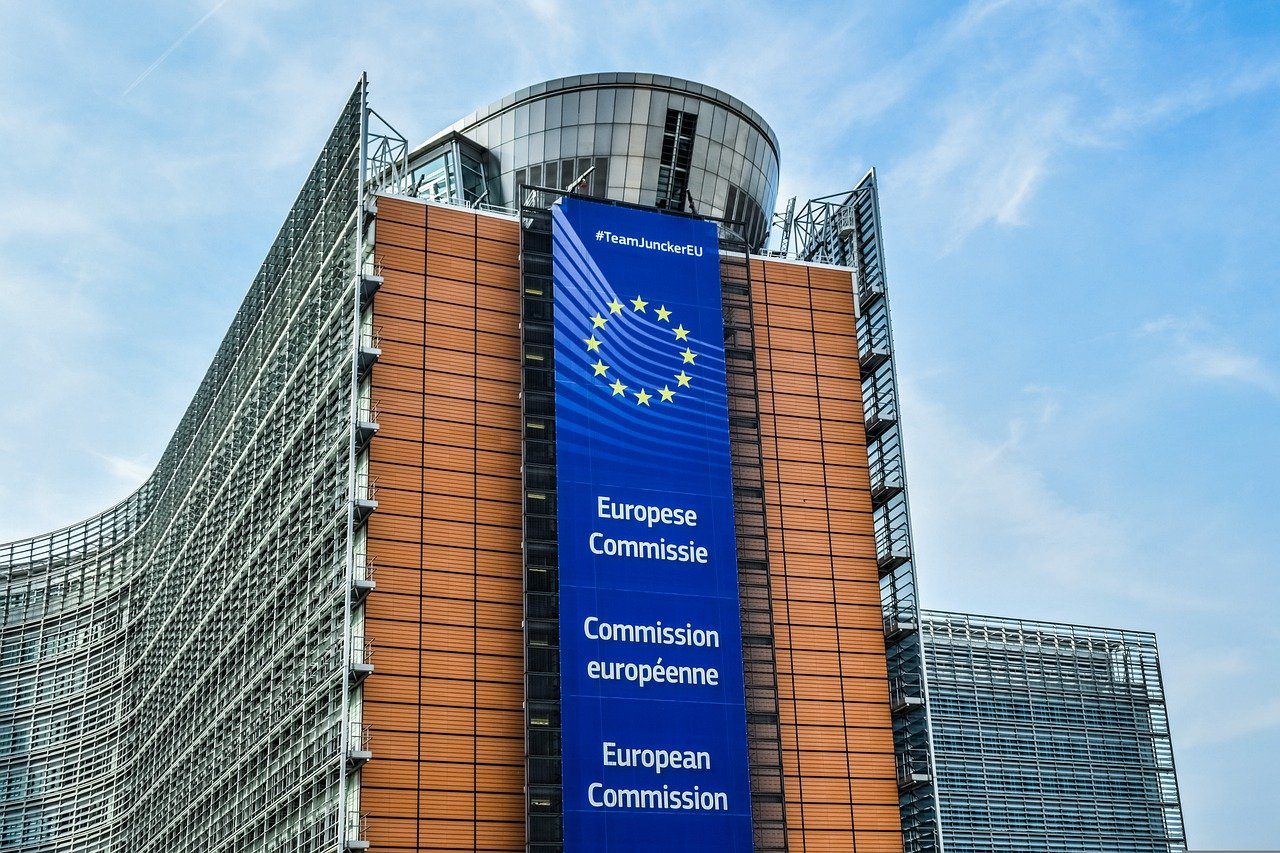
Following Vladimir Putin’s announcement of partial mobilization, the EU announced another round of sanctions against Russia. The president of the European Commission, Ursula von der Leyen, told CNN that “Putin is showing his weakness now because what you see is that he plans to mobilize personnel that are less trained, less experienced, less motivated. And he wants to start a referendum on Ukrainian sovereign soil,” concluding that she thinks “this calls for sanctions from our side again.”
This process of introducing more sanctions might proceed rather quickly, as the European Commission was already working on a new package prior to Putin’s announcement. The partial mobilization has now led to increased calls for such sanctions.
The EU’s foreign policy chief Josep Borrell hinted at additional measures that would be directed at “more relevant sectors of the Russian economy,” as well as “targeting people responsible for the war of aggression in Ukraine,” but did provide specifics. The measures under consideration include a price cap on Russian oil, adding more individuals linked to the Kremlin to blacklists, and further limitations on luxury-goods trade with Russia. “Additional restrictive measures against Russia will be brought forward immediately, as soon as possible in cooperation with our partners,” said Borrell, who also emphasized that the EU will continue supporting Ukraine with weapons.
Already a day earlier French President Macron had suggested the EU should put “maximum pressure” on Putin, a call that resonated strongly with leaders in the Baltic States. “Putin wants us to be frightened, he wants us to fragment our unity as we think about nuclear [attacks],” said foreign minister of Estonia Urmas Reinsalu, reported Politico. “The most important thing is to communicate by doing. We need to ramp up weapons aid to Ukraine immediately. We need to immediately increase sanctions.”
1) Estonians have some of the clearest thinking about #Russia, here's what their foreign minister @UrmasReinsalu just told me:
— Ryan Heath (@PoliticoRyan) September 21, 2022
“Putin wants us to be frightened. The most important thing is to communicate by doing. We need to ramp up weapons aid to Ukraine immediately."
Other diplomats and politicians agreed with this stance. Latvian Defense Minister Artis Pabriks told Politico that Putin’s speech “was designed to have an impact it should not,” adding that “nothing should be changed in the Western response.” Another unnamed diplomat was quoted as saying “mobilization is a sign of weakness. I don’t expect a qualitative change in the Western response; we will continue to support Ukraine.” From Finland, Charly Salonius-Pasternak from the Institute of International Affairs joined the defiant chorus: “I don’t think it will, and I don’t think it should change support for Ukraine.”
One of the few European leaders to disagree with the prospect of more sanctions is Hungary’s Viktor Orbán, who instead promotes the idea of ending the sanctions on Russia, as they have hurt Europe’s economy more than Russia’s. When asked by the American Conservative how an escalation of sanctions would affect Hungary, Hungarian Foreign Minister Péter Szijjártó was emphatic:
BLOCK Very, very badly. The sanctions introduced by the European Union are more harmful to us than to the Russians…. there are countries, mostly in Central Europe, that are totally dependent on Russian energy sources not by their own choices, but owing to the determination of geography and infrastructure. Whether you have gas or not cannot be solved by political dialogue.
By removing sanctions, the Hungarian prime minister would hope to tame inflation and reduce the risk of a recession.
